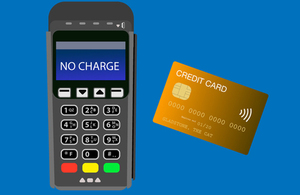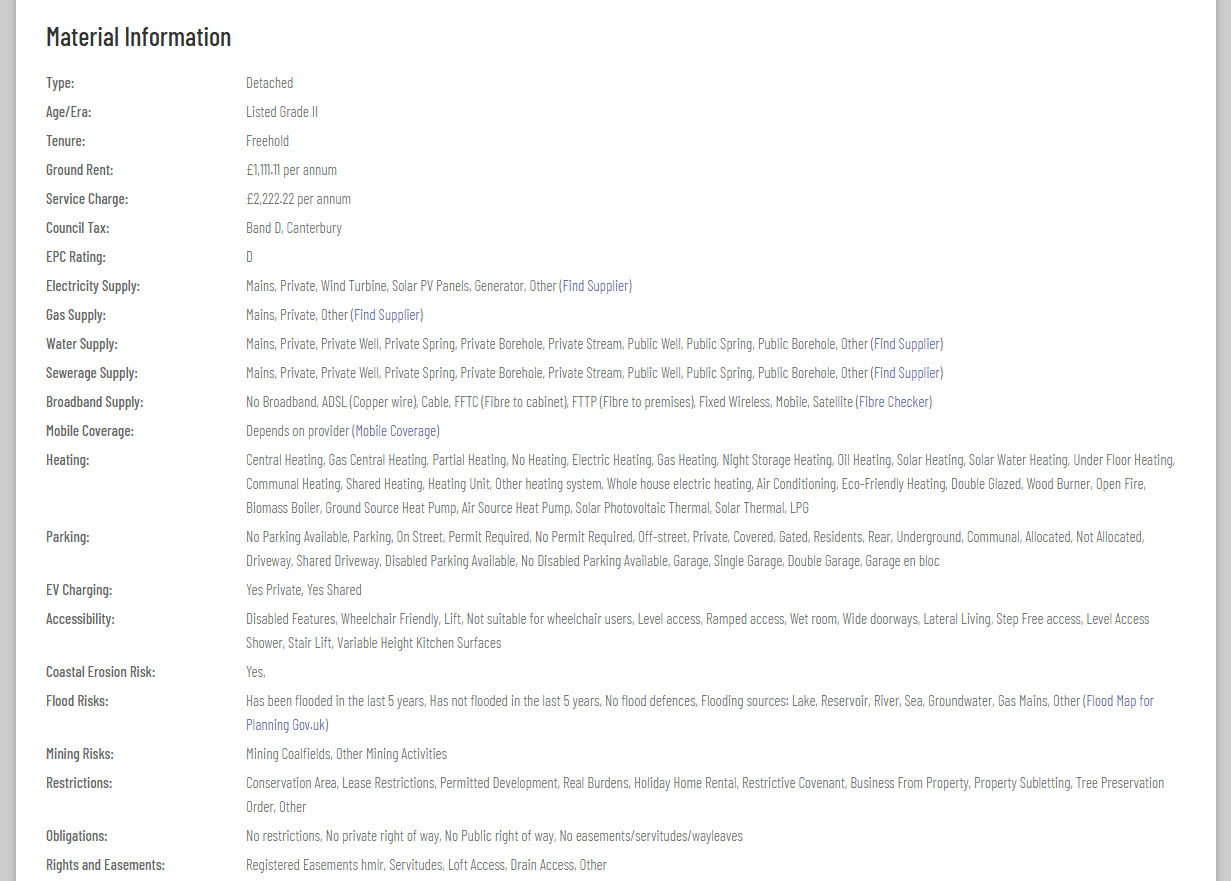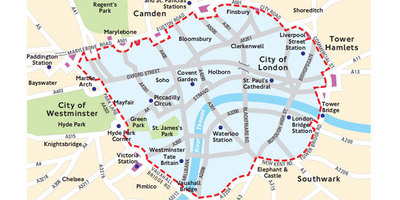Credit Card Surcharge Ban from Estates IT

On Saturday 13th January 2018, extra charges for paying with a debit or credit card were banned in the UK.
So-called 'surcharging' has become commonplace, particularly online, with many retailers surprising people with charges just before they are about to make a purchase. Some retailers have been known to add charges which are far higher than it costs them to process a payment. It is estimated that surcharging cost the British public £166 million in 2015.
Airline bookings, Take-away food apps, ticket booking sites and even government departments including HMRC and the DVLA have all demanded extra for paying by credit card.
This ban now means that it will be unlawful for retailers to charge additional fees when someone uses a particular credit or debit card to make a purchase. This will ensure consumers can be confident that there won't be any nasty surprises, and they won't be penalised for wanting to pay in a certain way.
The ban is particularly good news for those looking to book a holiday, as most travel companies added a surcharge of between 2% and 3% to the cost of the deposit and then again to the outstanding balance, if customers wished to pay by credit card. With travel companies going bust on a regular basis, most people want the added protection of paying by card, so they reluctantly paid the surcharges.
The UK Government took the decision to also include other payment methods such as PayPal, Apple Pay, credit transfers and direct debits. in the ban to further protect consumers.
Economic Secretary to the Treasury, John Glen said: "It's completely unfair for someone to be hit by a hidden fee just before they are about to make a purchase, so by scrapping these rip-off charges we are helping to give power back to the consumer."
"As we build a fairer society, this added transparency ensures buyers can make informed choices about how they spend their hard-earned money."
The new rules will be enforced by Trading Standards who will have the power to take civil enforcement action against traders who breach the regulations. It will also entitle customers to receive a refund of any unlawful surcharge they have paid and enable them, if necessary, to take legal action to recover any such surcharge.
The ban on credit and debit card surcharges is effective across the EU and will apply to all purchases made where the banks of the consumer and retailer are within the European Economic Area (EEA). These rules stem from the EU Payment Services Directive, which lays out the changes EU governments must have made by 13 January 2018. This mean the new rules will be put into UK law and so will continue to exist even after Brexit.
Extra fees however, that have nothing to do with the way you pay can still be charged. So, for example, a cinema or theatre can still charge a booking fee and an airline can charge for choosing a seat.
Also, any business is still within its rights to refuse a method of payment and some pubs and small shops already say they will only accept a card when the customer spends more than £5 or £10. This they can continue to do.

Written by Deb Roberts
Source Estates IT Ltd




